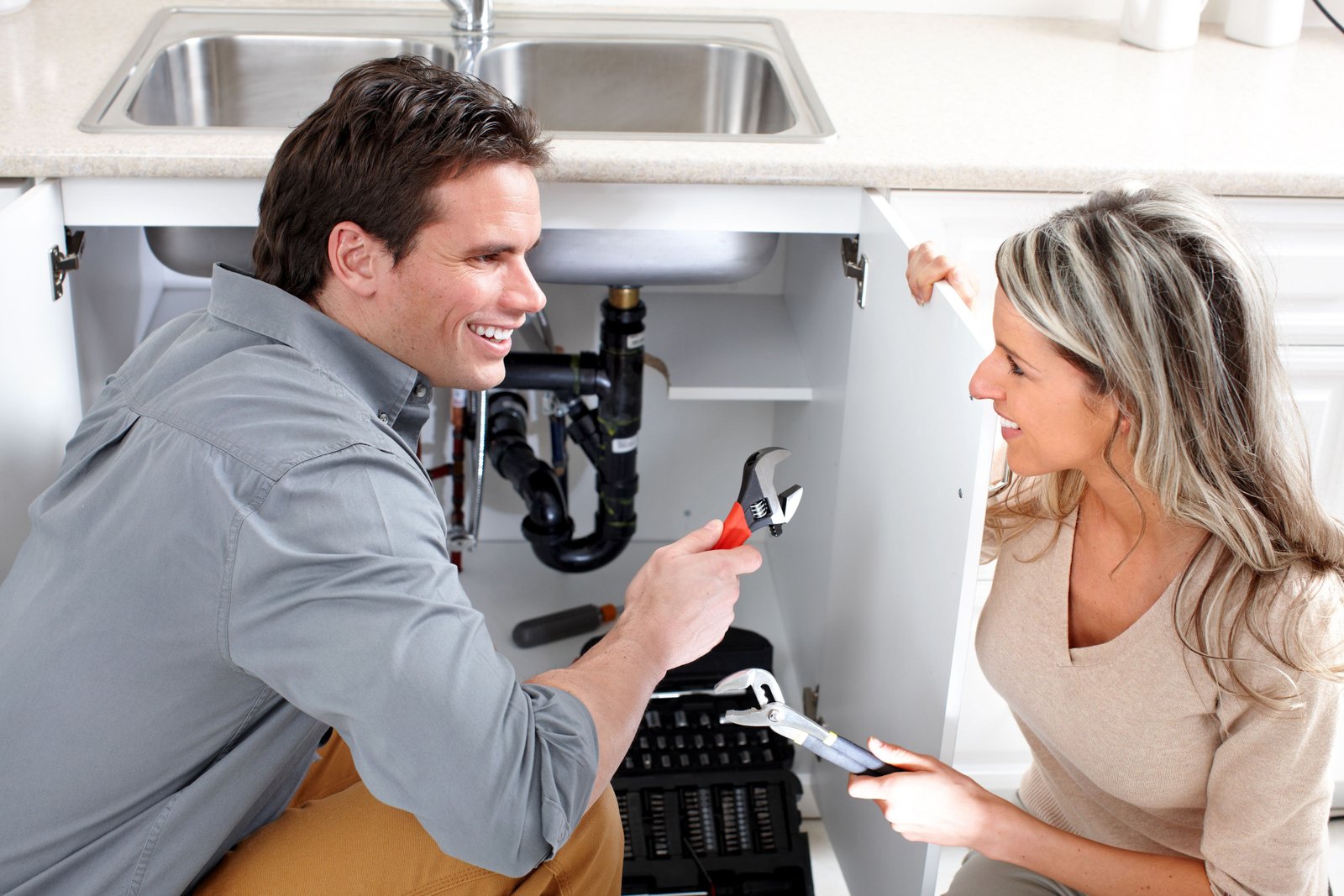Even the smallest of plumbing issues can cause significant inconvenience; the drip of a tap is enough to drive anyone insane whilst a dirty heating system can leave your whole home without sufficient warmth. If you want to reduce the cost of plumbing services, follow these simple tips to avoid the most common of plumbing problems from occurring in the first place:
Leaking taps
Always install the best taps that you can afford. If possible, purchase a ceramic valve option which will last you a minimum of 2-3 years but can last as many as 10 if the type of water you have in the area is suitable. Hard water is known for wearing out tap fittings a bit quicker.
Leaking bath and shower seals
Water damage from leaking baths, showers and sinks can lead to substantial plumbing bills – your plumber will often have to remove floorboards and even bits of wall to deal with the water damage from a leak. This can cost around £800 for dealing with the surround of a bath. To save yourself the expense and stress of needing a plumber for this sort of damage, remove any degrading sealant and look for any areas of mould or missing filler so that you can replace as needed on a regular basis. Replacing bath and shower sealant is easy when you know how, and doesn’t require any particularly plumbing skill, so get online and search for video tutorials on best practice. Following a visual guide will ensure that you can achieve a reliable finish saving you from future leakage and water damage.
Dirty heater systems
When your water is not getting hot enough, or your radiators have cold patches despite having been bled, this is usually a sign of a dirty heating system. The thing to check is when you last had a heating inhibitor added to your system; this is a rust preventing chemical which can be bought from a local hardware store and added yourself. Simply follow the step-by-step guide provided with the product. It costs around £20 a litre for a boiler inhibitor, enough to clean the system for a semi-detached three-bedroom property.
A magnetic filter system can also be added to your system, though this should be completed by a plumbing professional.
Slow draining bath/shower/sink
This common plumbing problem can be extremely frustrating but is usually easy to resolve. Often it’s a case of hair and debris filling the initial section of drain pipe. This can be easily cleaned in several different ways. First begin by using a plunger to physically disturb and suck out any debris. If this does not dislodge all the gunk which is in place, try a chemical reaction which will tackle any longstanding grime. Chemical cleaners are available from the supermarket or DIY store, whilst a home solution of baking soda and vinegar can also prove effective. Use approximately a quarter of a cup of baking soda and pour this down the drain first, followed by a quarter of a cup of vinegar. Once the fizzing process has finished, rinse with hot water. Following this you can plunge again to remove any final debris.

